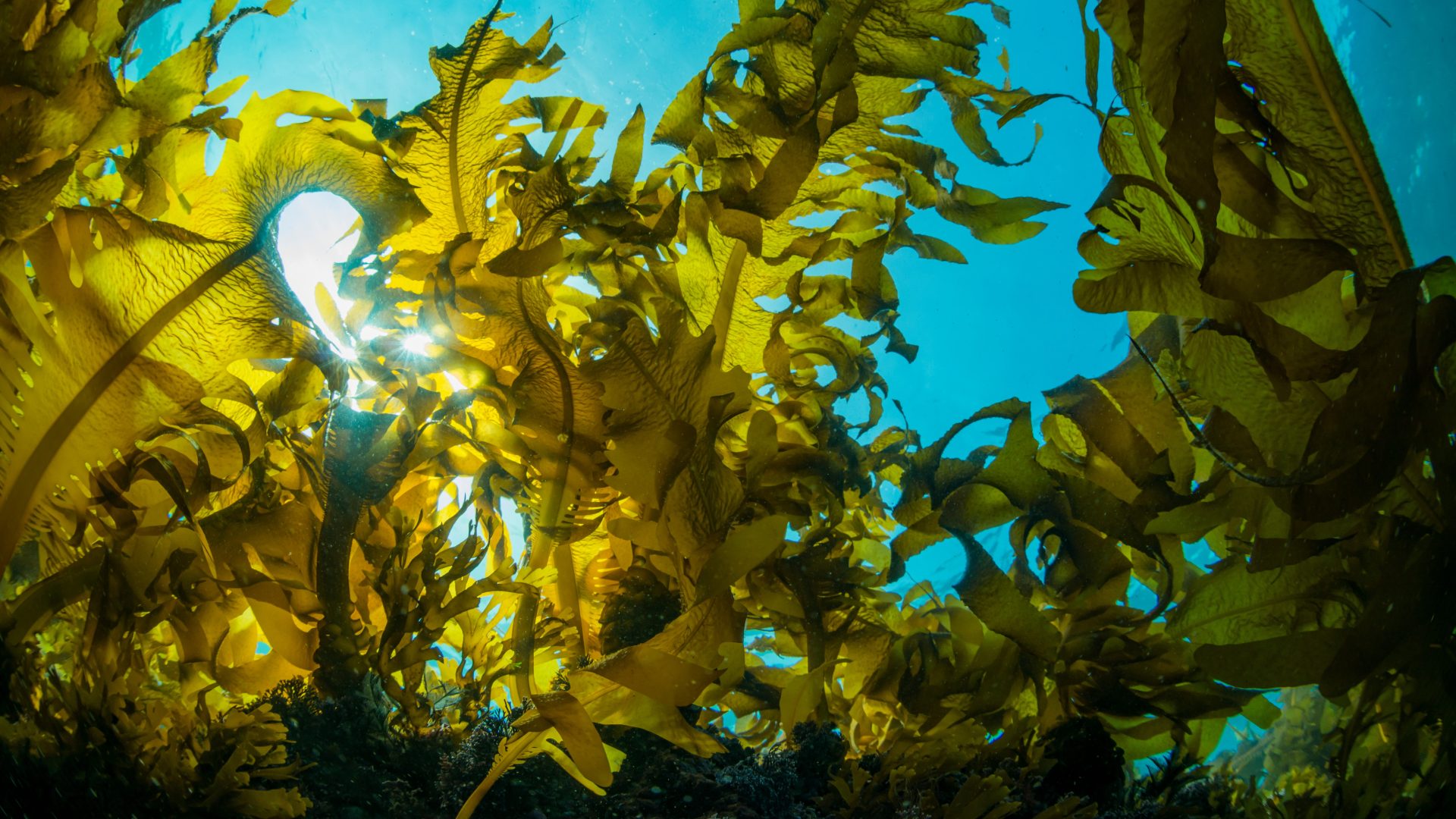The Scottish Environment Protection Agency (SEPA) has identified the presence of seaweed on Havoc beach near Dumbarton following reports of a suspected sewage incident.
Staff from SEPA’s Local Environmental Performance Team attended the beach along with Scottish Water Officers and carried out a visual inspection of the shoreline. Photographic evidence was also taken and closely examined by the agency’s Marine Ecology Team, who confirmed it was accumulations of rotting seaweed.
This natural phenomenon is likely to occur with the long warms days of sunshine allowing the algae to grow faster. Several types of seaweed can be identified along the shoreline in varying states of decay, all naturally occurring.
The public may witness other naturally occurring events during the summer months across Scotland, including pollen deposits, blue-green algae and jelly fish swarms.
A spokesperson from the Scottish Environment Protection Agency (SEPA), said:
“During the warmer weather, the public may see these natural build-ups of seaweed collecting on Scottish beaches due to a combination of rough seas, higher tides and strong winds. It is understandable that seaweed would be mistaken for sewage, and we would always encourage people to contact us if they are unsure.
“Odour is a good way to tell the difference between seaweed and sewage. If there is a foul, fish-like smell this is evidence of seaweed beginning to rot. If it were sewage, we would expect to see toilet paper, wet wipes and period products – most of which shouldn’t be disposed of down the toilet.”
A Scottish Water spokesperson said:
“If sewer related debris washes up on beaches it is a direct result of people flushing inappropriate items down toilets rather than using a bin.
“Wipes, sanitary towels, nappies and even contact lenses can end up in the environment when excess storm water is diverted from the sewer network to protect homes and businesses from flooding during extreme weather.
“That is why we launched our Nature Calls campaign which successfully called for a ban on wipes containing plastic.
“By working together, we can protect properties, communities and the environment against the impact of increasing demand and climate change.”



